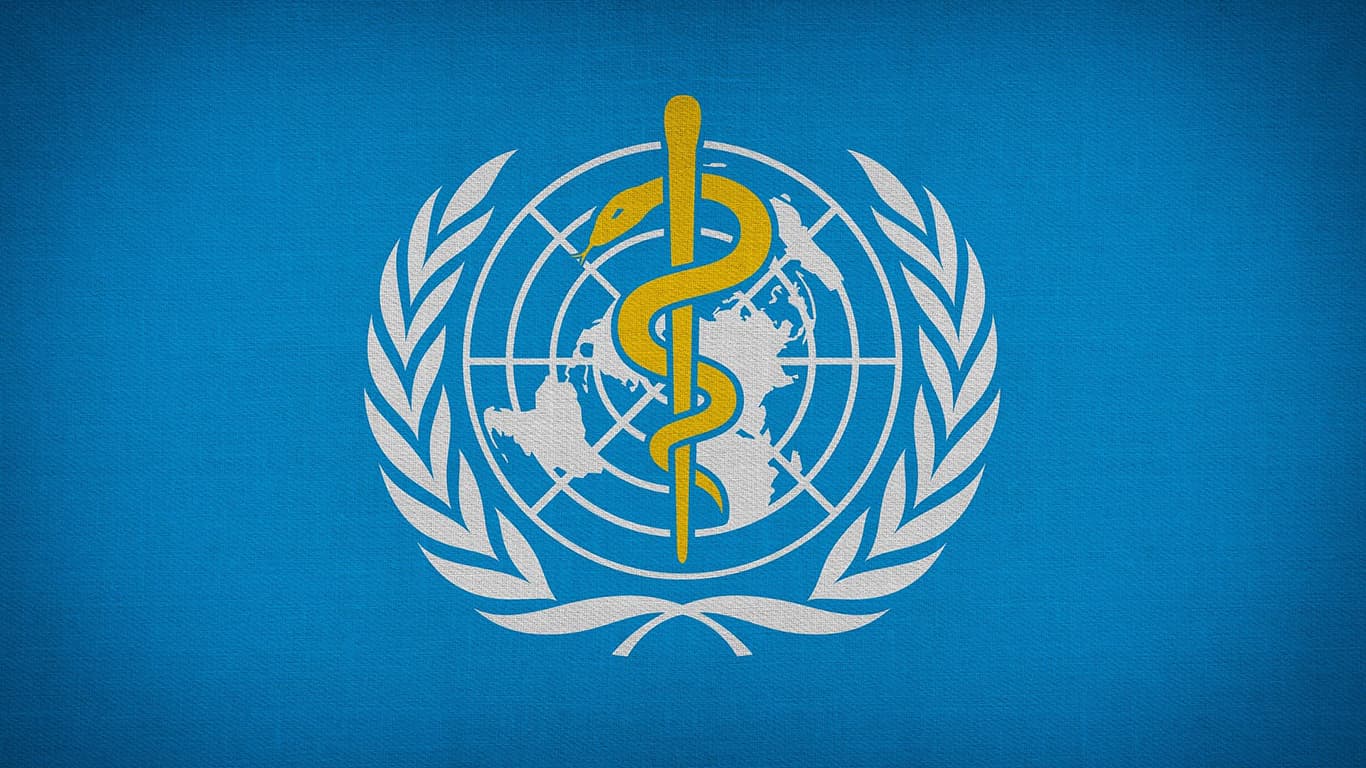Nov . 05, 2024 00:55 Back to list
buy diagnostic test for malaria suppliers
Buying Diagnostic Tests for Malaria A Key to Effective Management
Malaria remains one of the most pressing public health challenges worldwide, particularly in tropical and subtropical regions. The disease, caused by Plasmodium parasites transmitted through the bites of infected Anopheles mosquitoes, can lead to severe health complications and even death if not diagnosed and treated promptly. As a result, access to reliable diagnostic tests for malaria is crucial for effective disease management. In this context, purchasing diagnostic tests from reputable suppliers becomes paramount for healthcare professionals and organizations.
Importance of Accurate Diagnostic Tests
Accurate diagnosis of malaria is essential not only for appropriate treatment but also for controlling its spread. Traditional methods of diagnosis, such as microscopy and rapid diagnostic tests (RDTs), have been instrumental in identifying malaria cases. Microscopy, while highly precise, requires skilled personnel and specific laboratory conditions. On the other hand, RDTs have gained popularity due to their simplicity and speed, providing results within minutes without the need for advanced laboratory facilities. However, the efficacy of RDTs can vary, emphasizing the need for quality assurance in the procurement process.
Selecting Reliable Suppliers
When considering the purchase of diagnostic tests for malaria, it is vital to source products from reputable suppliers. Healthcare providers should look for suppliers that adhere to international quality standards and regulatory approvals. Certifications such as CE marking in Europe or FDA approval in the United States indicate that the products meet specific safety and performance criteria. Additionally, suppliers that are transparent about their testing methods, quality control processes, and product sourcing practices can instill greater confidence in their offerings.
buy diagnostic test for malaria suppliers

The Role of WHO and Guidelines
The World Health Organization (WHO) plays a significant role in guiding the procurement of malaria diagnostic tests. The WHO provides a list of prequalified diagnostic tests, ensuring that only the highest quality tests are available for use in malaria-endemic regions. Healthcare providers should refer to this list when considering which RDTs to purchase, as WHO prequalification is a mark of reliability. By aligning with WHO recommendations, suppliers and healthcare providers can work together to improve malaria detection and treatment outcomes.
Cost Considerations
While ensuring quality is crucial, cost is also a significant factor in the procurement process. Healthcare facilities, especially in low-income settings, often operate under budget constraints. Thus, finding a balance between quality and affordability is essential. Some suppliers offer bulk purchasing options or tiered pricing models to accommodate varying budgetary needs. Moreover, investing in high-quality diagnostic tests can lead to cost savings in the long run by reducing misdiagnoses and the associated healthcare expenses.
Conclusion
In conclusion, the purchase of diagnostic tests for malaria is a critical step in combating this devastating disease. By choosing suppliers that prioritize quality and adhere to established guidelines, healthcare providers can enhance their diagnostic capabilities and provide timely treatment to patients. As the fight against malaria continues, ensuring access to reliable diagnostic tests will be key in reducing the disease's incidence and improving public health outcomes worldwide. The collaboration between healthcare providers and reliable suppliers will undoubtedly pave the way for a healthier future in malaria-endemic regions.
-
Dengue NS1 Rapid Diagnostic Test Kit
NewsMar.07,2025
-
Dengue NS1 Rapid Diagnostic Test Kit
NewsMar.07,2025
-
Dengue NS1 Rapid Diagnostic Test Kit
NewsMar.07,2025
-
Transferrin Rapid Test Cassette Tumor Marker TF Card
NewsMar.07,2025
-
Malaria Pf Pan Rapid Diagnostic Test Kit
NewsMar.07,2025
-
malaria pf / pan ag rapid test
NewsMar.07,2025

